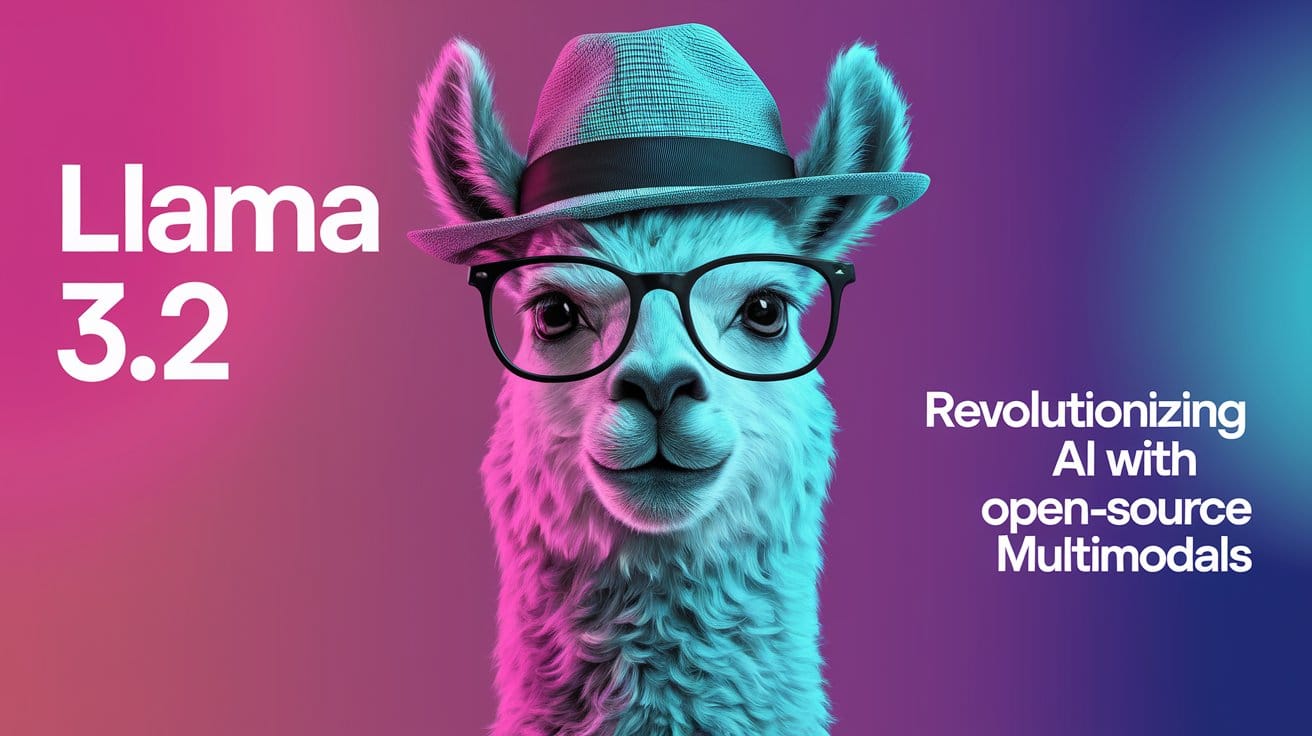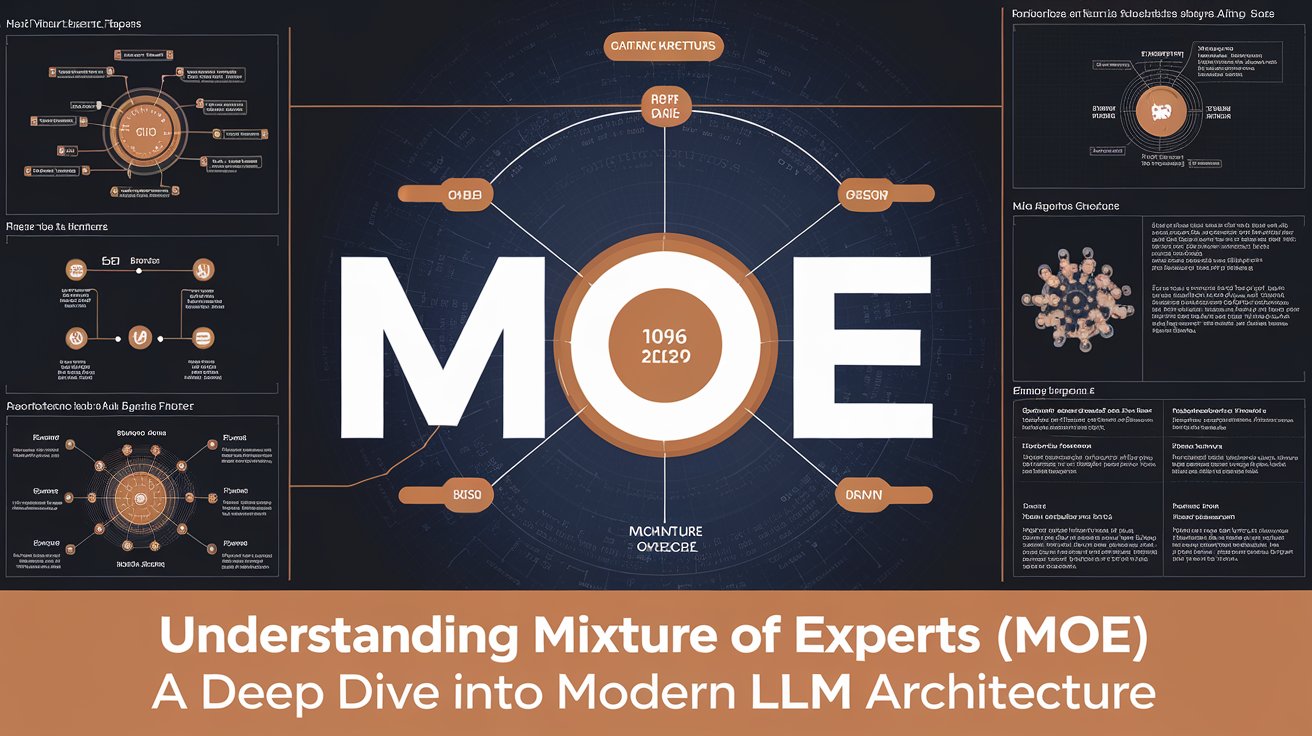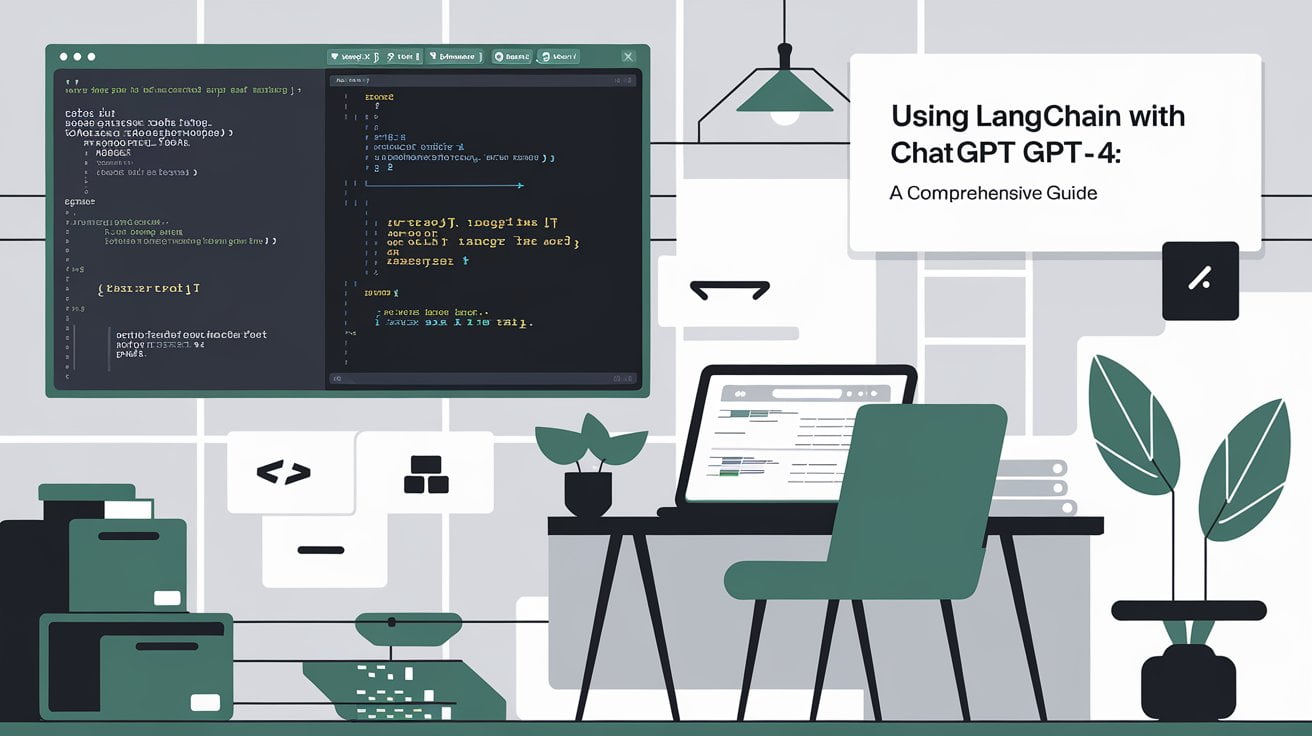Building Autonomous AI Assistants with Phidata: A Practical Guide to Persistent Memory and Autonomous Actions
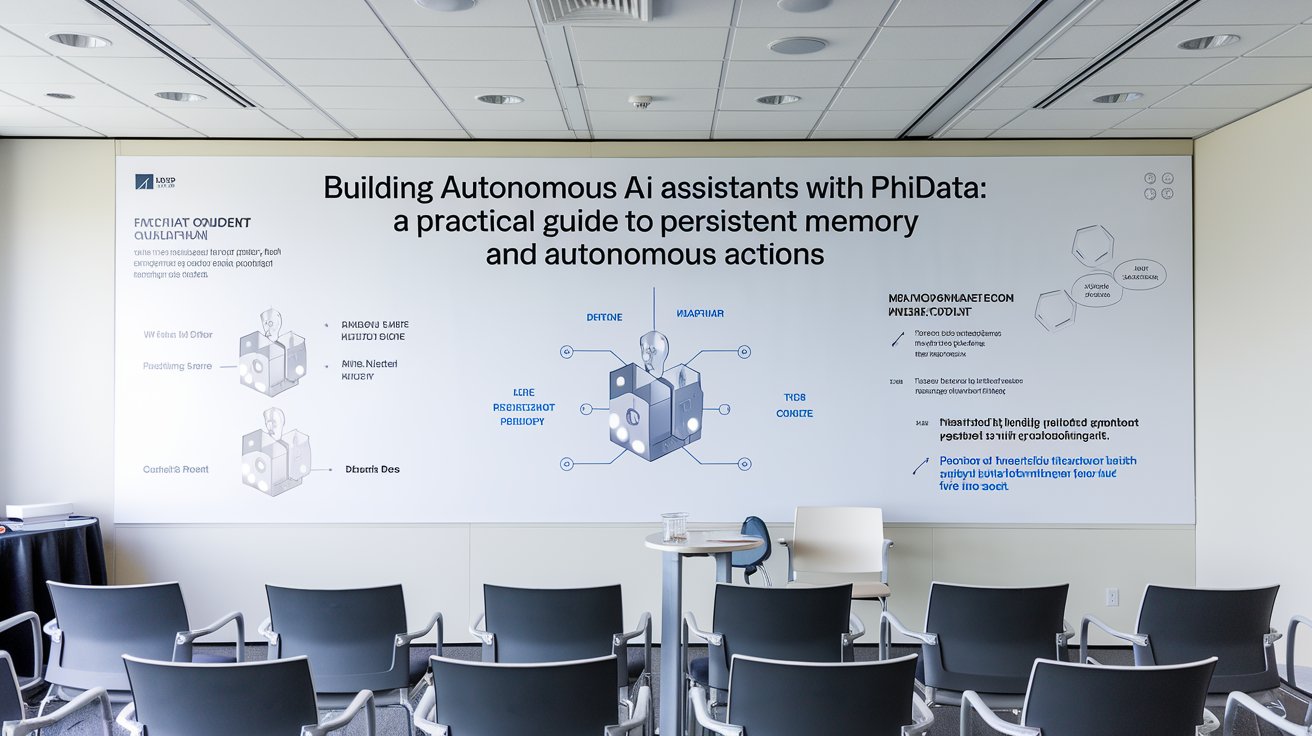
In the rapidly evolving realm of artificial intelligence, large language models (LLMs) have transformed the way we interact with technology. Despite their capabilities, developers often face limitations with traditional LLMs, particularly in maintaining context across sessions. This shortfall results in disjointed user experiences, often requiring manual intervention to sustain continuity. Enter Phidata—an innovative framework engineered to integrate long-term memory, contextual knowledge, and autonomous action capabilities. Phidata empowers developers to build advanced AI applications that overcome the traditional constraints of LLMs, enabling seamless user interactions and enhanced business functionality.
This blog explores Phidata’s core features, from memory management to autonomous capabilities, and how developers can leverage these tools to create intelligent, business-ready AI assistants.
Table of Contents
The Limitations of Traditional AI Assistants
Context Loss and Fragmented Interactions
Traditional LLMs lack persistent memory, meaning they cannot retain information beyond the current session. This limitation forces users to reintroduce themselves or restate previous inquiries, disrupting the flow of interactions and impacting user experience.
Manual Oversight and Scalability Challenges
Many existing AI assistants rely on human intervention to maintain context or execute complex actions, reducing scalability as the number of interactions grows. As businesses expand, the need for scalable, intelligent AI solutions that require minimal supervision becomes critical.
The Need for Autonomous, Context-Rich AI Assistants
Modern business demands autonomous AI solutions that remember previous interactions and can adapt to user needs independently. By addressing these challenges, Phidata enables developers to build AI assistants with sophisticated memory and task automation capabilities, enhancing both customer satisfaction and operational efficiency.
Memory System Implementation: Enhancing Long-Term Context Retention
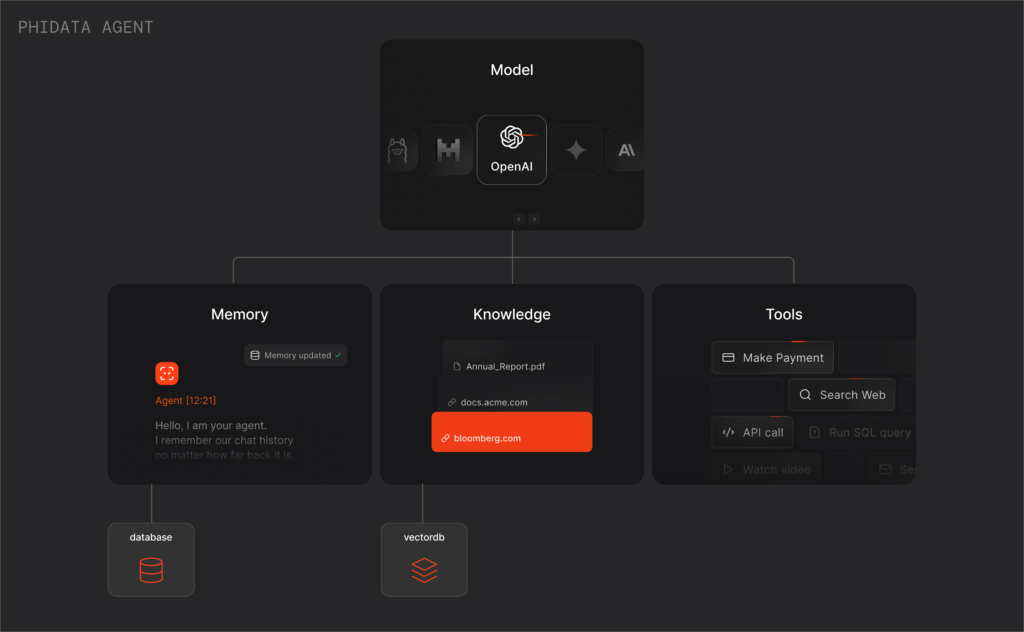
Memory management lies at the core of Phidata’s value proposition, allowing AI assistants to recall past conversations and maintain continuity across sessions. Here’s how developers can implement memory storage within Phidata:
Setting Up Database Storage
Phidata enables memory storage using databases like PostgreSQL. By logging user interactions and preferences, AI assistants can reference past conversations to deliver a more personalized experience. Below is a code snippet illustrating how to set up conversation storage in Phidata.
pythonCopy codefrom phi.storage.assistant.postgres import PgAssistantStorage
# Initialize storage for memory management
storage = PgAssistantStorage(database_url="postgresql://user:password@localhost/dbname")
# Function to save conversation
def save_conversation(user_id, conversation_data):
storage.save(user_id=user_id, data=conversation_data)
Context Retention Strategies
To ensure effective memory usage, Phidata employs mechanisms like session tracking and contextual updates. By associating conversations with user IDs, the AI assistant can easily retrieve previous interactions, creating a seamless user experience. Additionally, dynamic updates to stored data allow the AI to adapt to changing user preferences over time.
Long-Term Conversation Management
Phidata’s advanced features also include conversation summarization and user intent recognition. By summarizing previous interactions, the assistant can quickly recall essential details, while user intent recognition helps tailor responses to the user’s historical behavior and inquiries.
Knowledge Integration: Enabling Domain-Specific Responses
To enhance contextual understanding, Phidata integrates with vector databases, allowing AI assistants to retrieve domain-specific knowledge quickly and efficiently. This integration enables the assistant to respond with higher accuracy based on relevant information.
Vector Database Configuration
Setting up a vector database in Phidata involves indexing key knowledge items, making them accessible during interactions. This process optimizes the AI’s ability to retrieve pertinent information, supporting enhanced response accuracy.
pythonCopy codefrom phi.vector import VectorDB
# Set up vector database for knowledge integration
vector_db = VectorDB(database_url="postgresql://user:password@localhost/vector_db")
# Function to index knowledge
def index_knowledge(knowledge_item):
vector_db.index(knowledge_item)
Business Context Integration and Retrieval-Augmented Generation (RAG)
Phidata also supports Retrieval-Augmented Generation (RAG), a method that enhances responses by retrieving relevant documents or data points during conversation. This technique is invaluable for business applications where accurate, real-time data integration is essential. RAG enables AI assistants to pull contextual data, refining their responses and making them more relevant to the business’s operational needs.
Tool Implementation: Enabling Autonomous Actions
One of Phidata’s standout features is its ability to empower AI assistants with autonomous action capabilities, from sending emails to executing database queries. Through function calling, developers can enable assistants to perform tasks without human intervention.
API Integration for Autonomous Actions
Phidata allows developers to integrate external APIs, enabling AI assistants to fetch real-time data or perform actions based on user requests. Below is an example of creating an assistant that can autonomously send emails.
pythonCopy codefrom phi.assistant import Assistant
# Create an assistant capable of sending emails
assistant = Assistant()
def send_email(recipient, subject, body):
# Function logic for sending an email
pass
assistant.register_tool(send_email)
# Example usage
assistant.perform_action("send_email", recipient="user@example.com", subject="Hello!", body="This is a test email.")
Expanding Functionality with Database Queries and Task Automation
Beyond simple actions, Phidata supports advanced operations like database queries and task automation. For example, the assistant can retrieve specific user data or automate routine tasks, reducing operational overhead and enhancing productivity.
Monitoring and Evaluation: Ensuring Optimal Performance
To maintain high-quality interactions, Phidata provides developers with robust monitoring and evaluation tools, allowing them to track performance metrics and identify areas for improvement.
Performance Metrics Tracking
By measuring conversation retention rates and response accuracy, developers can assess how well the AI assistant maintains context and provides accurate responses. Phidata’s monitoring tools enable ongoing optimization and performance assessment to ensure the assistant aligns with user expectations.
Quality Assurance and Logging Systems
Phidata also facilitates quality assurance checks, allowing developers to test the assistant under diverse scenarios and incorporate user feedback for continuous improvement. Comprehensive logging systems track errors and usage patterns, aiding in troubleshooting and analysis.
Langfuse: Transforming LLM Development Through Advanced Observability and Control
Reality Check and Best Practices for Phidata Implementation
While Phidata’s capabilities offer transformative potential, successful implementation requires careful planning and resource allocation. Here are some considerations and best practices:
- Complexity and Resource Needs: Initial setup can be resource-intensive, and effective deployment may require significant computational power and expertise.
- Optimize Memory Management: Regularly clean and update stored data, purging outdated information to enhance accuracy and relevance.
- Maintain Knowledge Bases: Ensure that the knowledge base is current by periodically reviewing and updating indexed information.
- Standardize Integration Patterns: Use consistent methods for integrating tools across projects, and document integration processes thoroughly.
- Implement Continuous Monitoring: Track performance metrics continuously, setting benchmarks for success and making adjustments as needed.
Conclusion
Phidata introduces a new paradigm for developing autonomous, intelligent AI assistants that can maintain context, integrate domain-specific knowledge, and perform actions independently. Its memory management, knowledge integration, and action capabilities open up a world of possibilities for businesses looking to enhance customer interactions and streamline operations.
Whether you’re starting with memory configuration or diving into advanced tool integration, Phidata equips developers with the resources to build AI applications that go beyond traditional LLM limitations. With this framework, businesses can truly revolutionize their AI strategies, creating seamless, personalized user experiences that drive both engagement and efficiency.
Embrace Phidata’s capabilities to build smarter, more capable AI solutions, and unlock the next generation of intelligent assistant technology!
